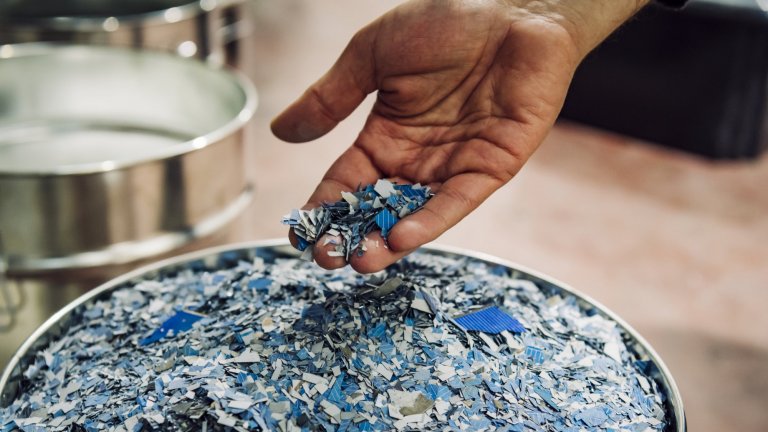
© Cyril Frésillon / Simap / SOLAR / CNRS Images
View the mediaScientific news
The CNRS, a key actor in deeptech, will once again be present at Vivatech, Europe’s largest annual tech gathering entirely dedicated to innovation from 22-25 May 2024.

© Cyril Frésillon / Simap / SOLAR / CNRS Images
View the mediaThe organisation’s experts and partners, along with representatives from start-ups that originated from laboratories under the supervisory authority of the CNRS, will participate in this new edition, exchanging with the public and presenting groundbreaking technologies in the fields of health, sustainable development, space, and the digital revolution.
Four major topics embodied by 10 start-ups that originate from research conducted in laboratories under the supervisory authority of the CNRS: space, digital revolution, health and sustainable development.
Take a look at some of our innovation images !
Our work is guided by the way scientists question the world around them and we translate their research into images to help people to understand the world better and to awaken their curiosity and wonderment.